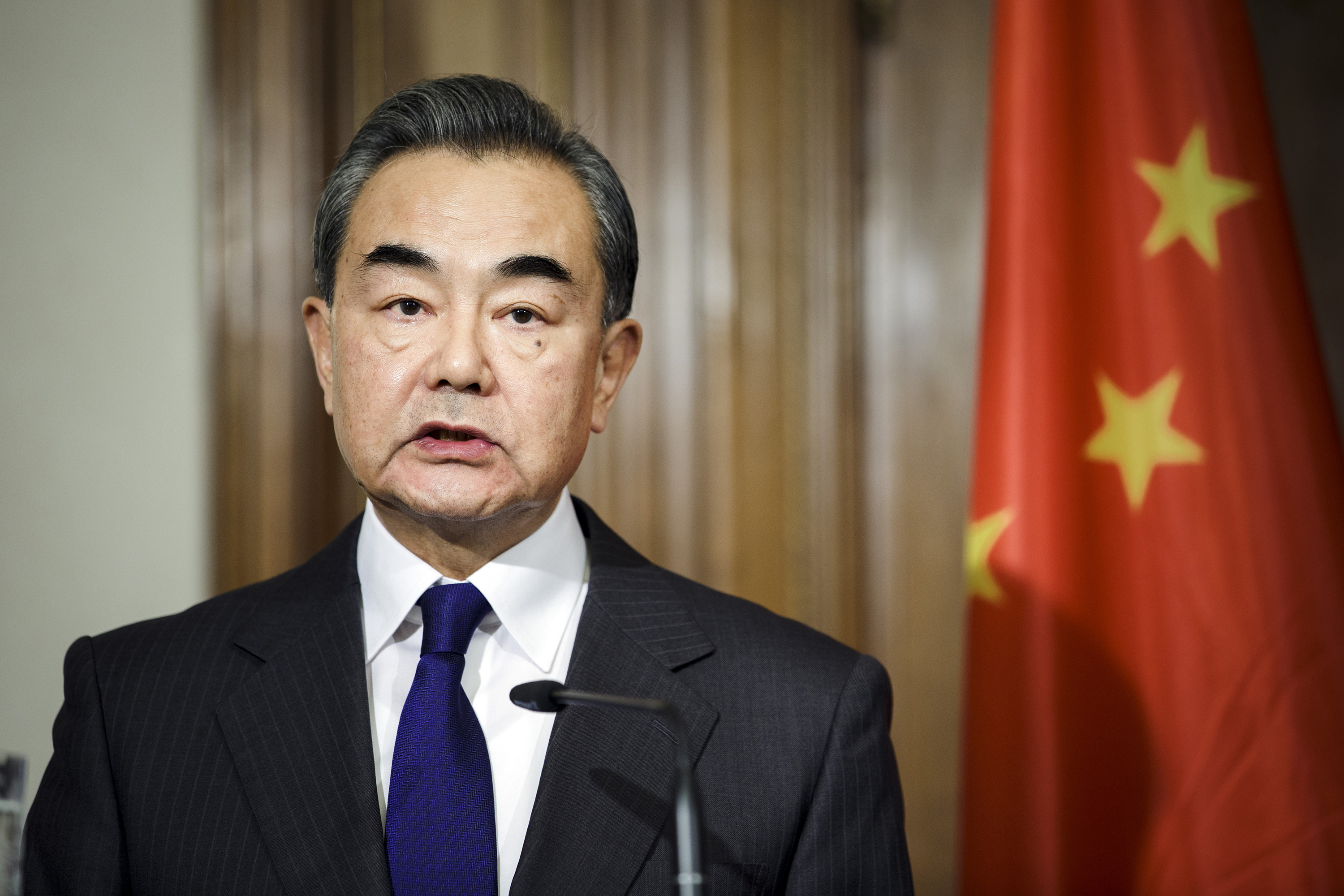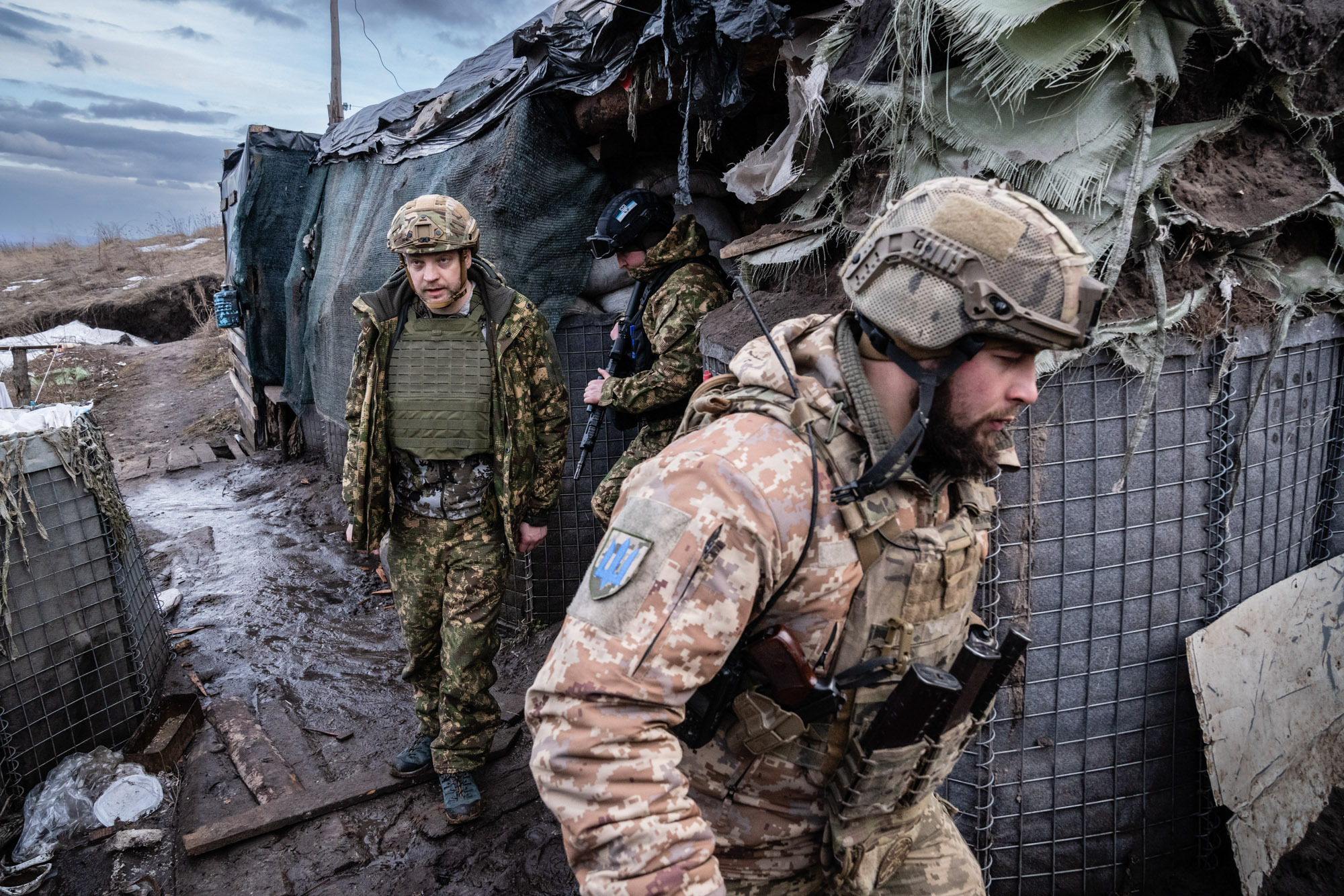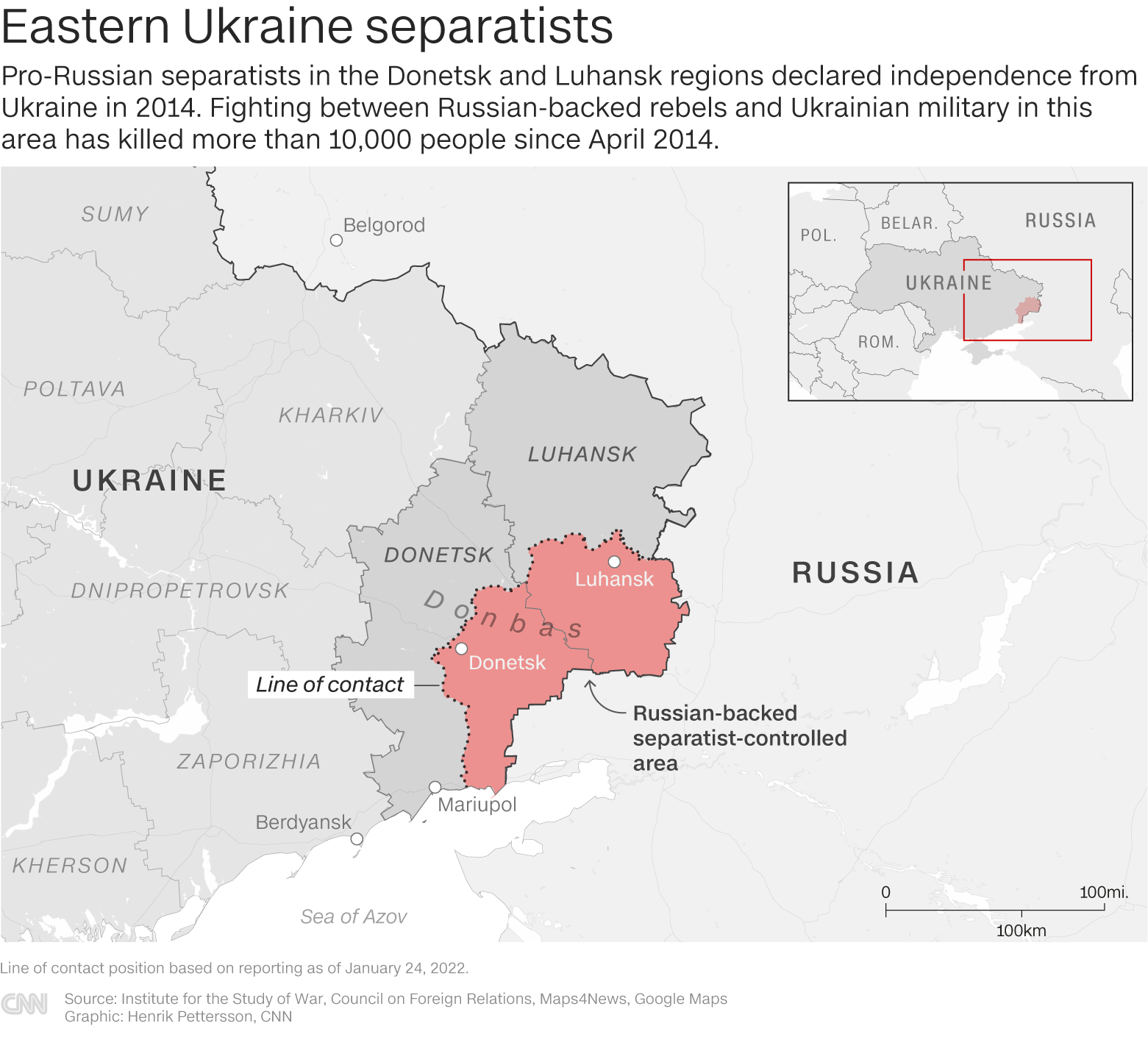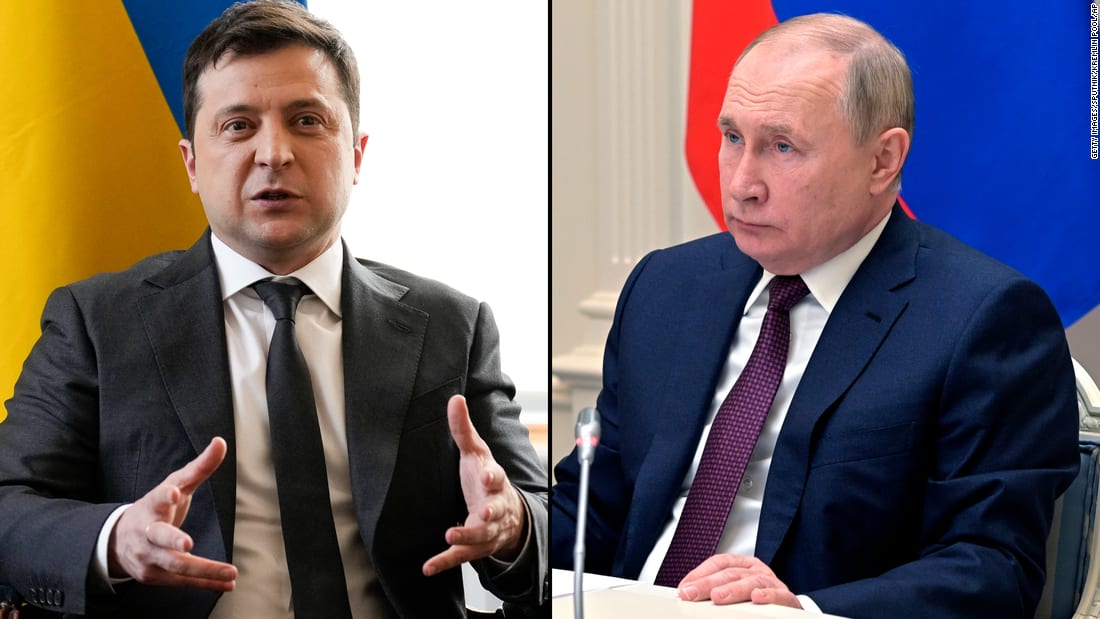
Chinese Foreign Minister Wang Yi says all parties in the Ukraine crisis should work towards de-escalation instead of hyping up war.
During his virtual address to the 58th Munich Security Conference on Saturday, Wang said territorial integrity and independence of all countries should be respected and safeguarded.
In a virtual address to delegates at the Munich Security Conference in Germany Saturday, Wang said territorial integrity and independence of all countries should be respected and safeguarded.
“This is a basic norm of international relations that embodies the purposes of the UN Charter. It is also the consistent, principled position of China. And that applies equally to Ukraine,” he said. “If anyone questions China’s attitude on this matter, it is an ill-intended sensationalism, and a distortion of China’s position.”
Wang added it is an imperative to return to the Minsk II agreement as quickly as possible, and that to his knowledge, Russia, the EU, and the US all expressed their support to the agreement.
As for the security of Europe, Wang said all parties are free to raise their own concerns, and Russia’s "reasonable security concerns" should be respected and taken seriously.
“China hopes all parties will pursue dialogue and consultation to find a solution that is truly conducive to safeguarding the security of Europe,” he said.
China -- which has its own tensions with the West -- has repeatedly expressed diplomatic support for its ally, Russia as tensions over Ukraine have intensified. In a joint statement issued at the start of February, Russian President Vladimir Putin and his Chinese counterpart Xi Jinping said both sides opposed "further enlargement of NATO." Russia fears Ukraine may join the alliance.


